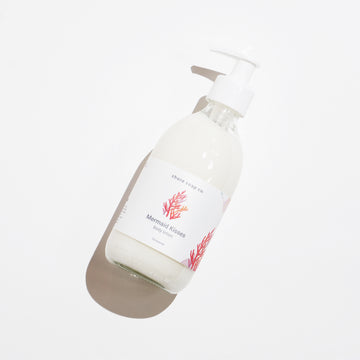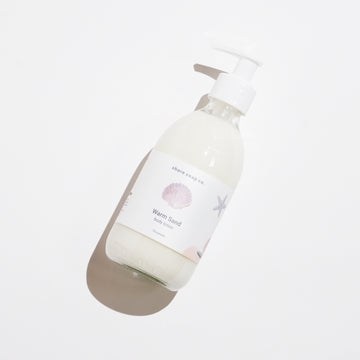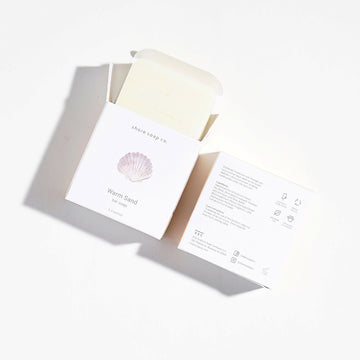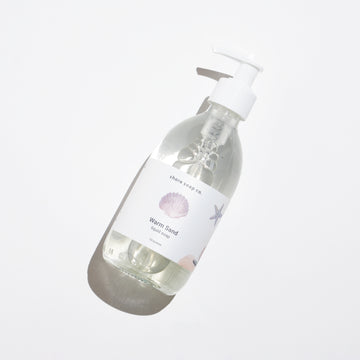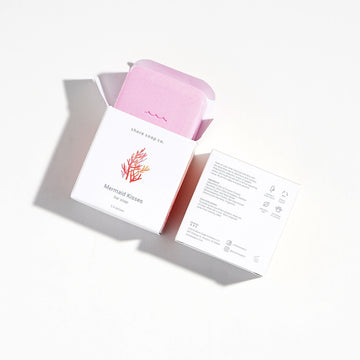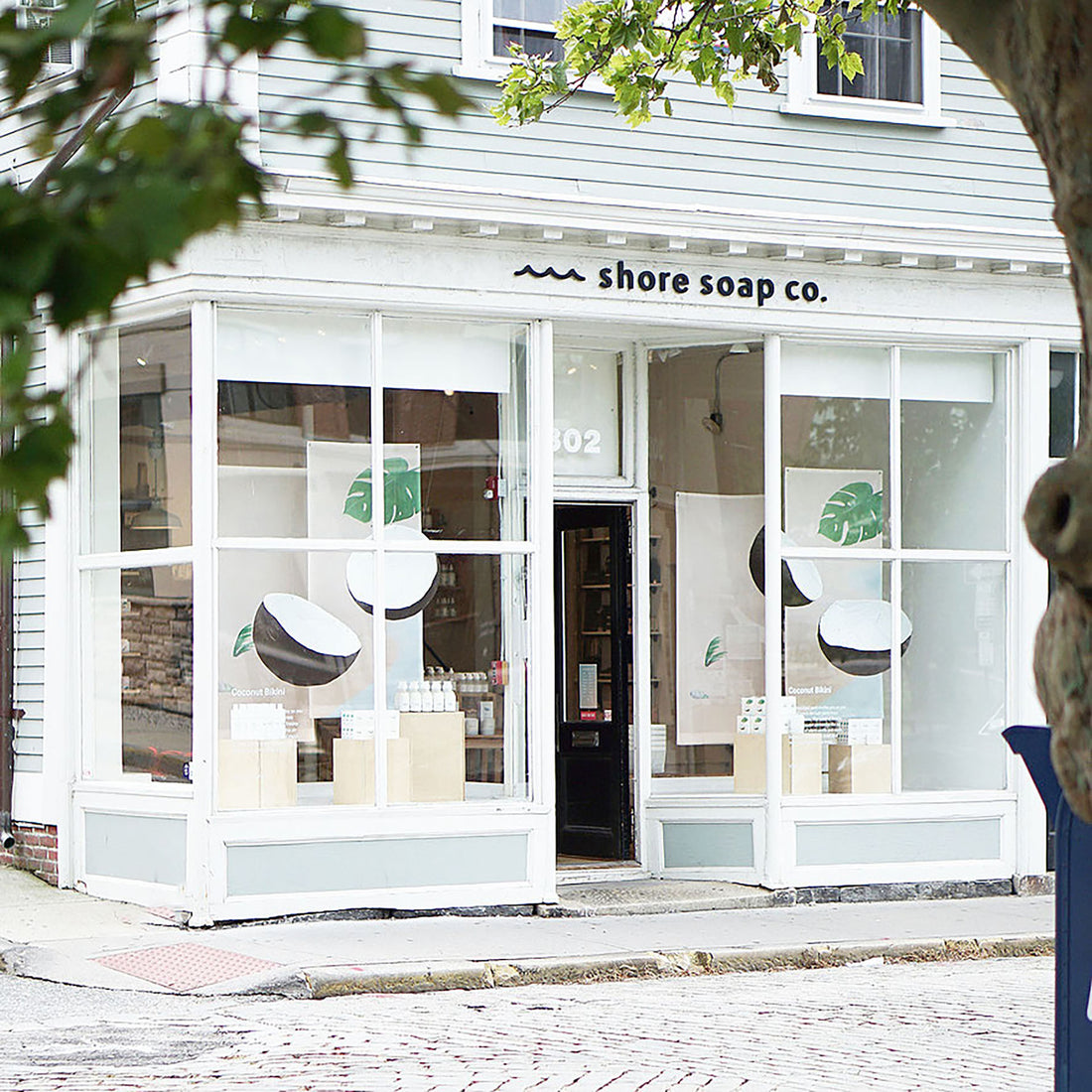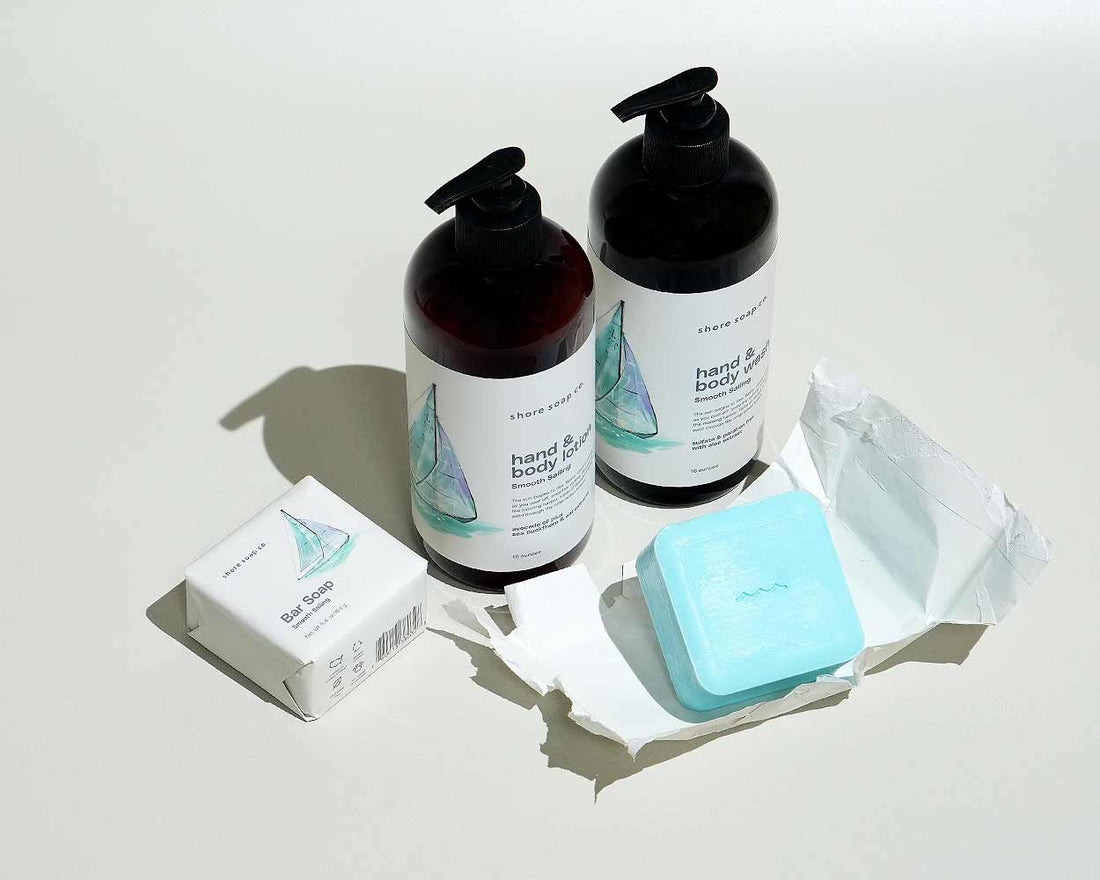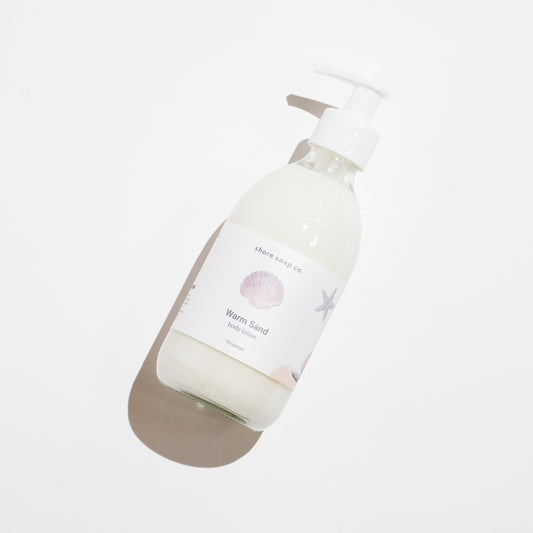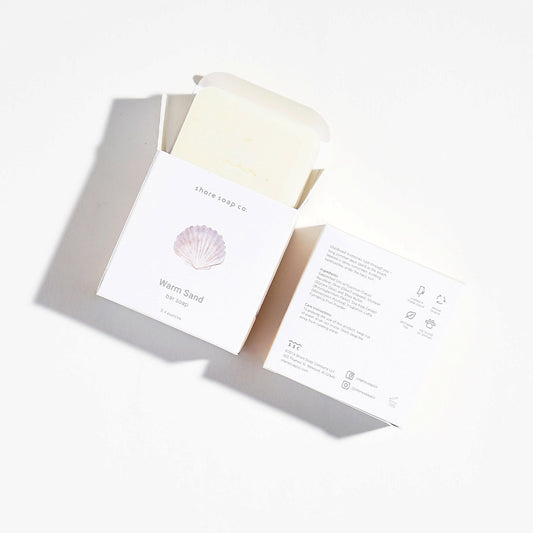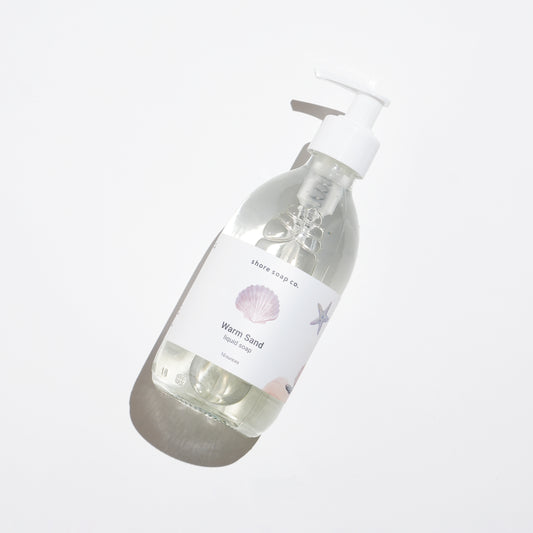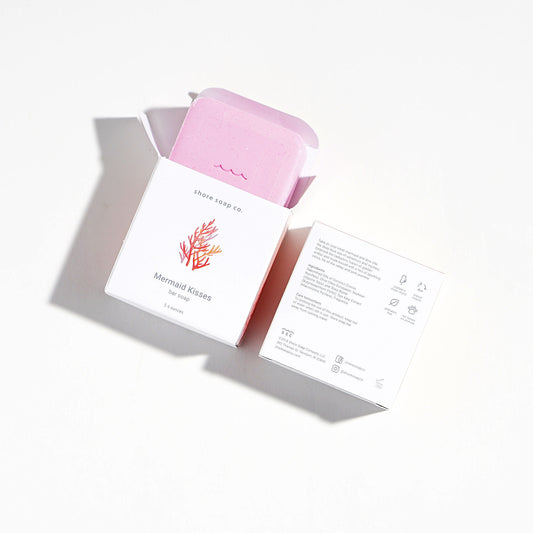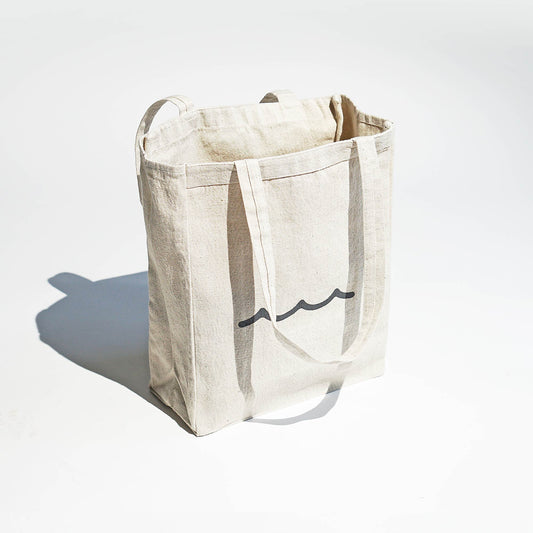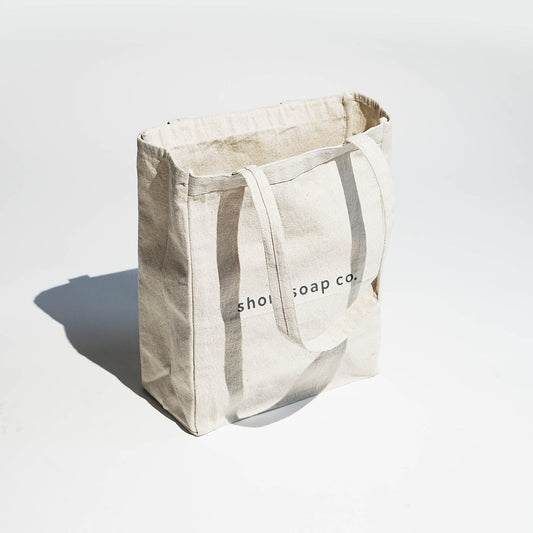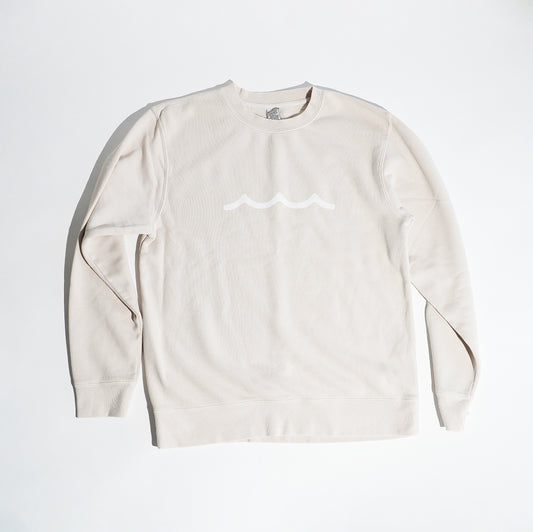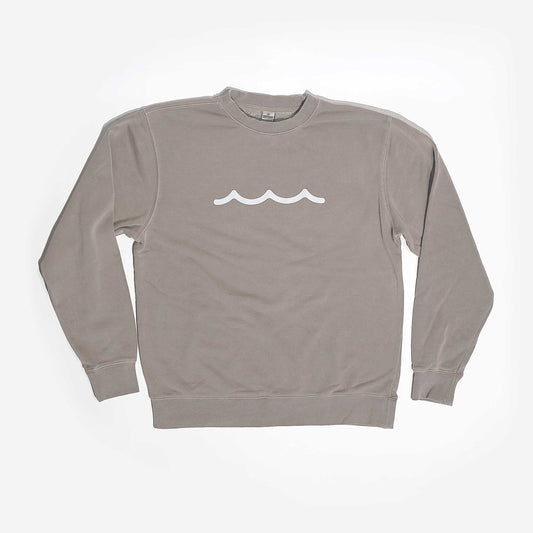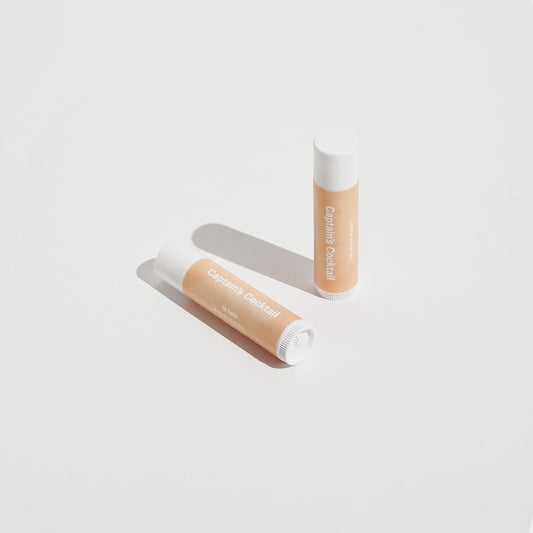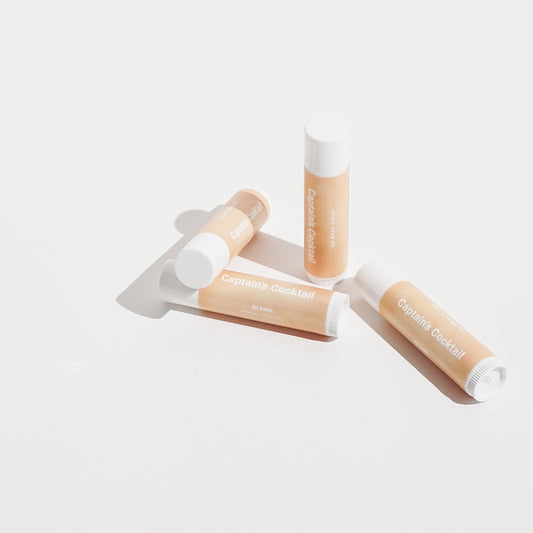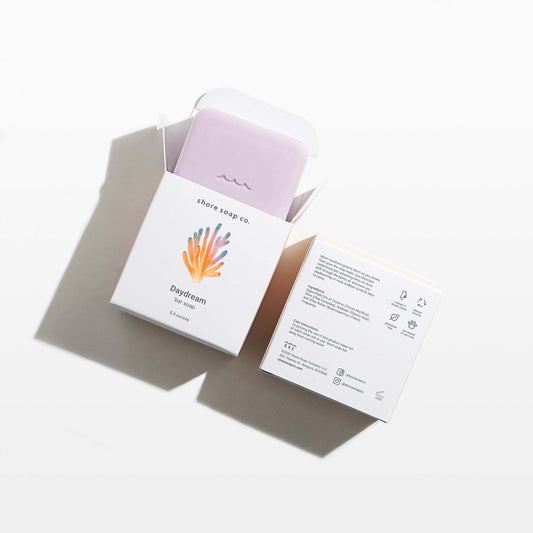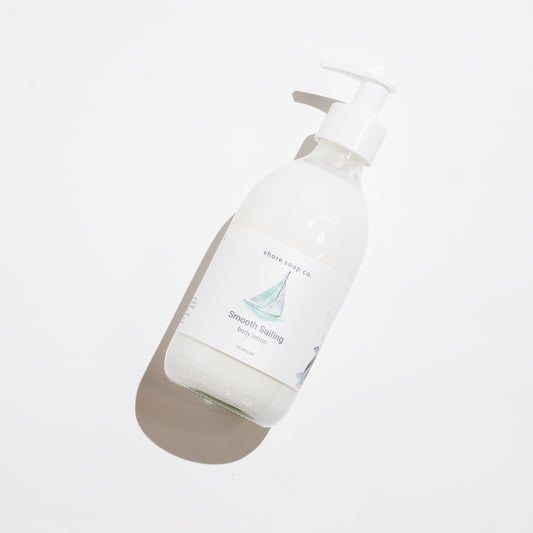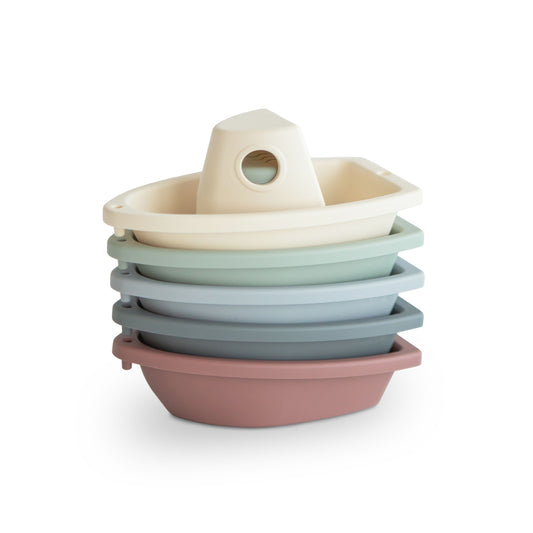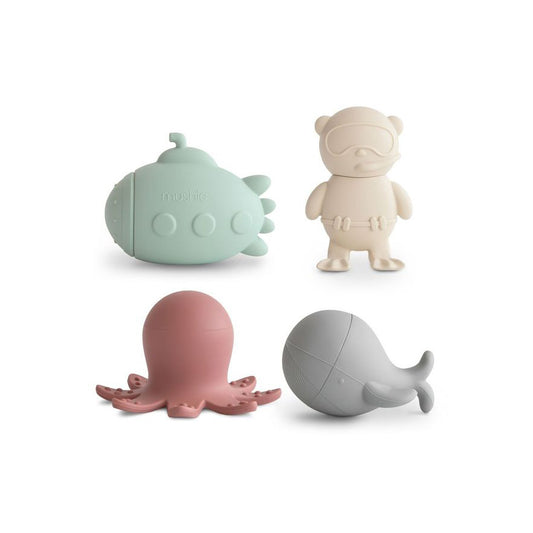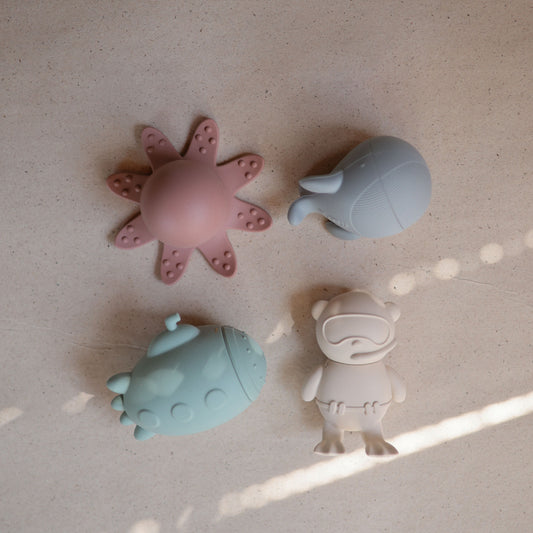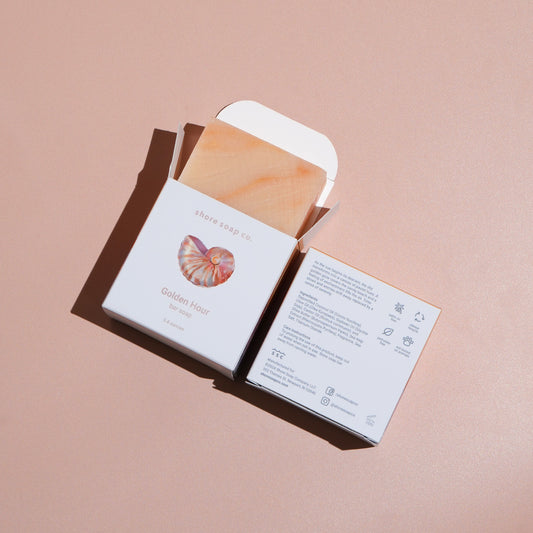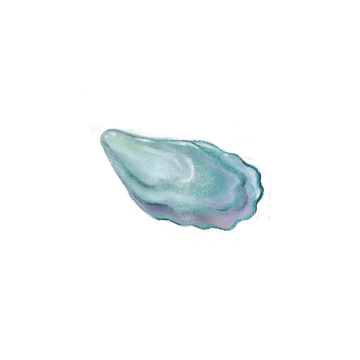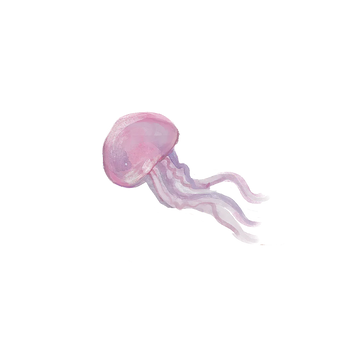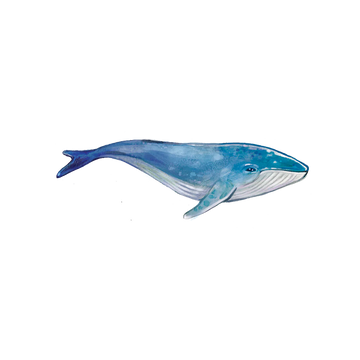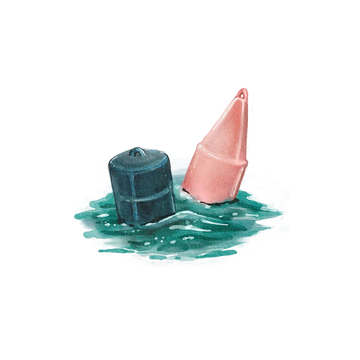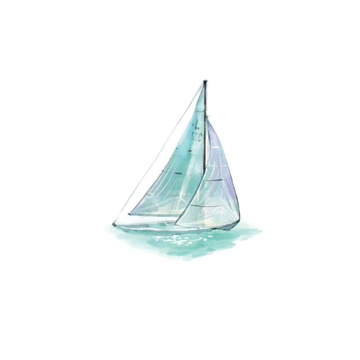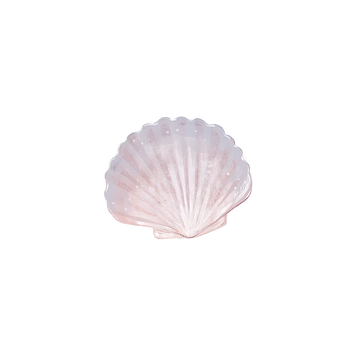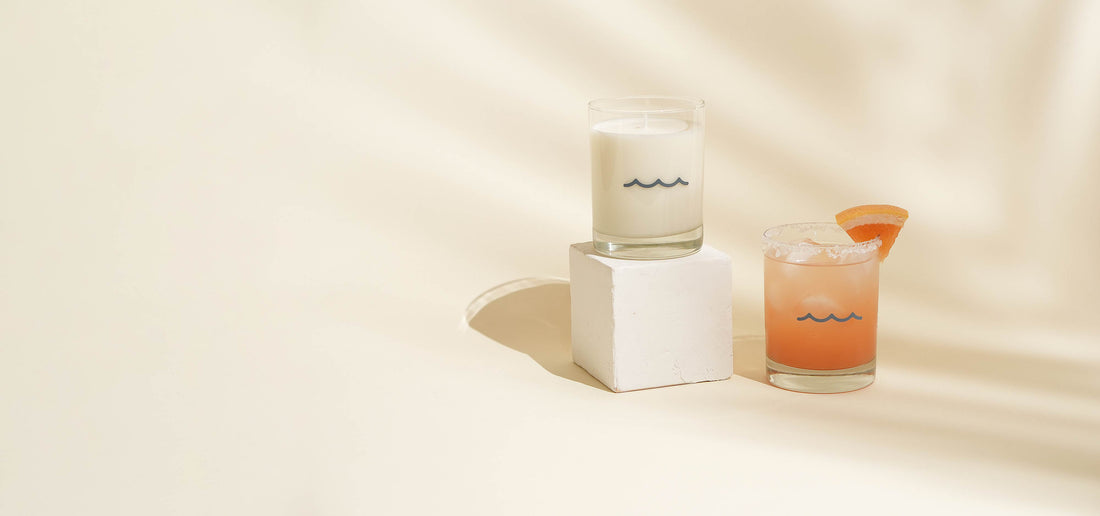You are in
Mermaid Kisses Body Lotion
Warm Sand Body Lotion
Warm Sand Bar Soap
Warm Sand Liquid Soap
Mermaid Kisses Bar Soap
Mermaid Kisses Liquid Soap
Little Wave Sweatshirt
Wave Tote Bag
Wave Sweatshirt
Captain's Cocktail Lip Balm
Daydream Bar Soap
Smooth Sailing Body Lotion
Little Wave Sweatshirt
Mushie Organic Cotton Bath Mitts
Mushie Bath Boats
Mushie Sealife Bath Play Set
Golden Hour Bar Soap
Golden Hour Liquid Soap
#cleantheshore
8 million metric tons of plastic enter our oceans each year.
Each year, around eight million metric tons of plastic waste invade our oceans. Reports show that most plastic packaging is only used once; 95% of the value of plastic packaging material, worth $80 billion-$120 billion annually, is lost to the economy after a short first use. The New Plastics Economy, an initiative led by the Ellen MacArthur Foundation (in collaboration with a broad group of leading companies, cities, philanthropists, policymakers, academics, students, NGOs, and citizens), is rethinking and redesigning the future of plastics, starting with the packaging. This ambitious three-year initiative provides a vision of a global economy in which plastics never become waste and outlines concrete steps towards achieving the systemic shift needed.
Every minute, the equivalent of 1 garbage truck of plastic is dumped into our oceans.
Studies undertaken by the World Economic Forum, the Ellen MacArthur Foundation and McKinsey & Company have showed the scale of the breakdown in the global plastic system. Of the 78 million tons of plastic packaging being produced annually, a full 32% of the plastic is left to flow into our oceans, the equivalent of one garbage truck of plastic being dumped into the ocean each minute.
At current rates, by 2050 there will be more plastic than fish in the world’s oceans.
According to reports, if we keep producing (and failing to properly dispose of) plastic at predicted rates, plastic in the ocean will outweigh fish by 2050. The World Economic Forum has reported that the worldwide uses of plastic has increased 20-fold in the past 50 years, and is expected to double again in the next 20 years. By 2050, we’ll be producing more than three times as much plastic as we did in 2014.
